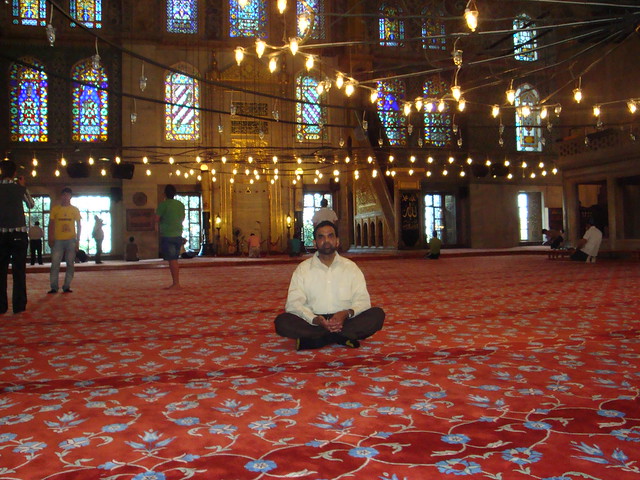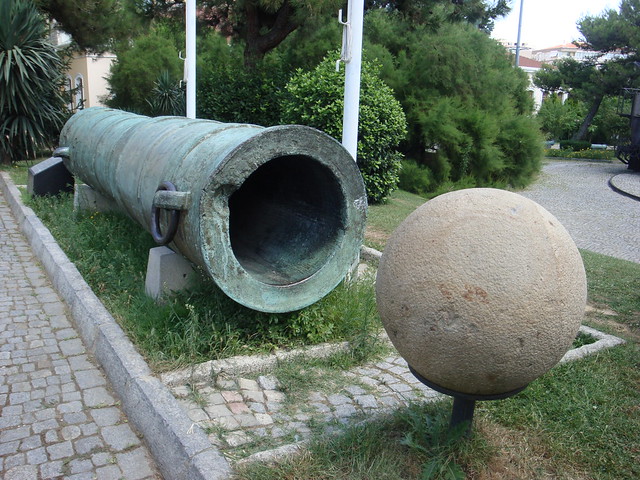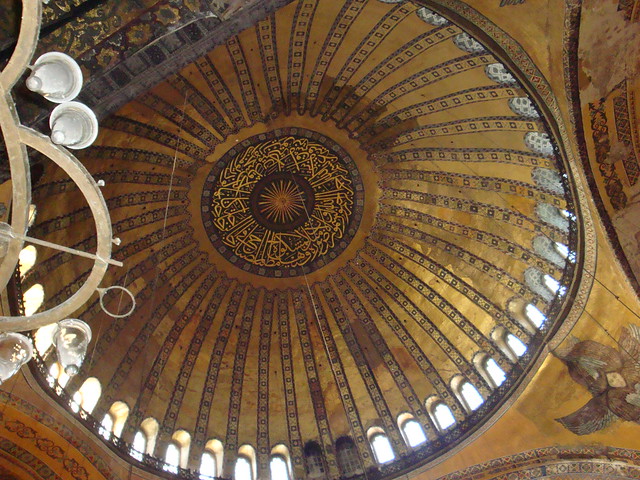By Misbahuddin Mirza
“Could you slow down? Please?” I asked the cab driver as he started racing down the freeway, leading away from the Istanbul airport, as if someone had just waved the Indy 500’s start of race flag at him. The driver acknowledged my request, but, made no attempt to slow down. As the distance between my cab and the car in front of it started disappearing at an alarming rate, I resumed fidgeting nervously with my seat belt, hoping desperately for it to click in place, so that I may at least survive what looked like an unavoidable crash. I started visualizing the next day’s newspaper headlines, ‘Why on earth would a senior engineer trained in the US sit unbuckled in the front seat of a cab?’
I started praying. If my dreams of visiting the city of the mighty Sultans, and the invincible jannisaris could not be realized, I may as well go out praying. Bingo! A miracle! Just when my cab was a few inches from rear-ending the car in the front, my cab driver calmly slid into the next lane. For a person terrified at the sight of a roller coaster, this cab ride was going down in history right next to the time when I accidentally got on Epcot center’s Space Mountain roller coaster thinking that it was a benign train ride.

interior of the Dome of Hagia Sofia.
The cab had left the smooth pavement of the freeway, and was now bobbling over the cobble stone roads laid out by the Byzantines. I paid the cab driver, thanked him, and followed the porter to the front desk. Within minutes I was in the shower scrubbing away the airline germs. I emerged from the hotel refreshed. The sun was bright. The air was humid. My first stop was the Shahzade Sulaymaniye Masjid. I walked into the Masjid’s courtyard and was immediately struck by the serenity. A few people were sitting leisurely on the cool marble with their legs dangling into the courtyard. No cars whizzing by, no ringing of mobile phones, no rush for anything. Time appears to have stood still from the time this Masjid was built several hundred years ago, in memory of the Sultan’s crown prince who had died unexpectedly. I performed ablution at the fountains in the middle of the courtyard and walked into the Masjid.
Soon, I was back in another cab, this time sitting safely in the rear seat, driving towards Hagia Sofia. During the Byzantine era this was considered to be a magnificent structure, and the centerpiece of their empire. However, according to today’s standards, it can hardly be considered spacious. I stood between the columns where the empress used to stand while observing the proceedings below. From this vantage point, I observed the intricately crafted Mimbar, Mihrab, and Islamic calligraphy. As an engineer, I felt sad at the poor way in which the Byzantines had reconstructed the earthquake damage to Hagia Sofia, by erecting massive exterior buttresses to shore up the central dome.

Inside Sultan Ahmet Mosque (Blue Mosque), showing the famous Iznik tile work, and chandeliers.
I spent some time purchasing souvenirs before taking a cab back to my hotel. It was almost 10 PM. I made my way through the narrow streets to the Sultan Fateh Mosque. I entered the courtyard through one of the side entrances, and headed towards the entrance with the ornate gold roof. I tugged at the door and found that it was locked. I looked around and noticed two young teenage girls walking by, and asked them why the door to the Mosque was locked. ‘Oh, this is not the entrance to the Mosque,’ explained one of the girls speaking in perfect English. ‘This is the entrance to the mausoleum of Sultan Fateh. Please come with us, and we will take you to the Mosque’s entrance.’ They walked me around the spacious court yard that connected the adjoining Mosque’s courtyard. The Masjid courtyard looked like a carnival scene. It was full of people. Children running around playing, bicycling, skating. Grownups sitting idly on the platforms built around trees. A teenage girl pulled deeply at a cigarette as if she was participating in some sort of intense sports competition. ‘What time do these kids go to bed?’ I wondered. I walked past several stray cats that were periodically petted and fed by passerby. I went into the mosque and blended in with the locals many of whom appeared to have just returned from work. After the prayers, I walked up to the Imam, complimented him on his turban, and asked where I could buy one similar to it. On the way back to the hotel, I lost my way; a young man walked me back, striking a friendly conversation. A couple of minutes later, while parting near the hotel, he offered me a small gift.
I had an early, hearty breakfast. This was going to be another long day ahead of me, and I wanted to stretch it by starting early. I hailed a cab and headed straight for the world famous Topkapi Palace. The Topkapi palace lived up to its name and more. In the inner chambers of the palace is a row of rooms that house holy relics. I was able to see the swords of Prophet Mohammed (PBUH), and the first four Caliphs’. This was quite an experience.

outside the Askari Muse (Museum of Military history), showing one of the specially designed cannons that was used in capturing Constantinople
The Muezzin’s call to Morning Prayer woke me up. I visited the Dohambace Palace, the Islamic Art Galleries, the Roman Hippodrome, and the Roman aqueducts. It had been an extremely hectic but pleasant whirlwind of a tour. It was time to say goodbye to Istanbul, and to the beautiful people who had been unbelievably hospitable to me – strangers had cared more for my well being, then I cared for myself; every store owner, where I had shopped, had thrown in a small unsolicited gift; everyone I spoke to, had gone out of the way to help me.
At New York’s JFK airport, enroute to Istanbul, I knew that I had already maxed out on my baggage allowance. Now, in Istanbul, I had bought so much stuff, that I was mentally prepared to pay a hefty fee for exceeding the baggage limits. But, the only words I heard were a wish for my safe journey, with a bright smile. Just as the jet took off the ground from Istanbul, I realized that I had forgotten something very dear in Istanbul – my heart.

—
Misbahuddin Mirza, M.S., P.E., a Senior Engineer with the Structures Division of the New York State Department of Transportation. All photos by the author.
http://twocircles.net/2012jun17/istanbul_%E2%80%93_model_hospitality.html


Leave a Reply